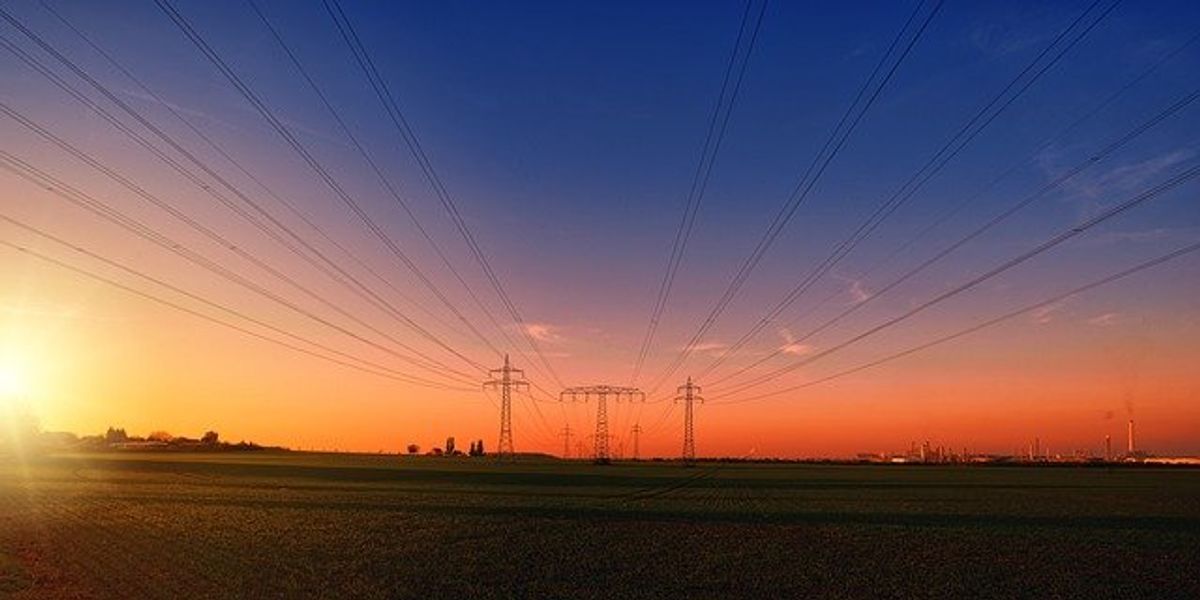
Donald Trump wins US presidency. What that could mean for the environment.
His first term and recent campaigns signal massive deregulation and a reshaping of agencies.
Donald Trump won the U.S. presidential election on Wednesday and while his campaign largely focused on isolationism, immigration, crime and inflation, his previous record in the White House suggests ramped up domestic fossil fuels production, weakening of laws meant to curb pollution and an overhaul of environmental and health agencies.
We’ve been gathering the top analyses and articles on what his election means for the near- and long-term U.S. environmental health landscape. Please scroll to the bottom of the article for a rundown of the top news, which we will update throughout the week.
On the international stage, a Trump presidency could significantly weaken U.S. support for cutting plastic production via the global plastic treaty. He has made clear his support for the fossil fuel industry, reducing greenhouse gas regulations on power plants and cars in his first term. The fossil fuel industry is the major driving force in defeating or deflecting plastic bans and production caps.
During his first administration, Trump also took the U.S. out of the international Paris Agreement on climate change. While the Biden administration brought the U.S. back into the agreement, the Trump campaign has said it wouldwithdraw again — something the United Nations secretary general António Guterres said this week would“cripple” the agreement.
More broadly, Trump often denies that human-caused climate change exists and in his first term inserted climate change deniers into key positions. During his campaign, he’s repeated lies about sea level rise and other climate change impacts, and during interviews has downplayed the threats. All of this happens as the U.S. is still picking up the pieces from Hurricane Helene and other storms that scientists say are made more dangerous by our warming climate.
Dan Lashof, U.S. director at the World Resources Institute, said in a statement “there is no denying that another Trump presidency will stall national efforts to tackle the climate crisis and protect the environment,” but pointed to ongoing clean energy and climate momentum in both blue and red states.
“Trump has every reason to build on transformations already underway. Electrifying buildings and transportation — including school buses — benefits rural and urban communities alike by cutting costs and improving efficiency,” he said. “At the same time, America’s croplands, wetlands and forests desperately need more investments to protect them from intensifying wildfires, droughts and flooding.”
Trump also reversed dozens of environmental regulations beyond greenhouse gases in his first term — including 28 on air pollution and eight on water pollution.
In addition, Project 2025 — a policy playbook created by multiple former Trump administration officials at the Heritage Foundation — aims to gut environmental regulations, including removing many current Endangered Species Act protections; repealing the Antiquities Act (which allows for the creation of national monuments); eliminating health-based air quality standards; and reducing community voices in environmental decision-making.
While Trump has tried to distance himself from Project 2025, he and his running mate, Ohio Senator JD Vance, have multiple ties to the agenda. Eighteen of the 40 authors and editors of the playbook served in the first Trump administration.
A Trump presidency could reshape federal health agencies and policies as well. With the embrace of former candidate Robert F. Kennedy Jr., the Trump campaign in recent weeks has teased getting rid of fluoride in water and rethinking vaccine programs, which havesaved millions of children’s lives.
And the federal agencies that create and enforce regulations to keep people and our environment healthy are all under threat. Trump and Vance pledged to “demolish the deep state” and reportedly seek to put loyalty to Trump above all else in agency appointments. Even prior to his win, federal employees weresignaling alarm.
Our newsroom has been gathering the top articles and information about how a Trump presidency could impact you. Check out the articles below.
Please subscribe to our daily newsletter, Above the Fold, to start your day with the latest environmental news from the U.S. election and beyond.
A Trump win could shift US climate court battles
Trump campaign plans overhaul for EPA's climate policies
In private speeches, Trump ally outlines drastic plans to reshape US government
Trump suggests RFK, Jr. could reshape food and health policies if re-elected
US election could shift direction of plastic pollution policy
Presidential candidates' policies on climate offer starkly different paths
Trump and Harris may shape future PFAS regulations differently
Trump-backed plan seeks to overturn Biden's climate policies
Trump used disaster aid as a political weapon, say former officials
Trump’s potential return sparks fear among federal employees
Listen: Kamala Harris and Donald Trump present vastly different visions for climate action
How US presidential candidates' climate policies could impact food and farming
Trump’s potential return weighs on global climate discussions
Trump plans to dismantle climate funding from key law if elected














